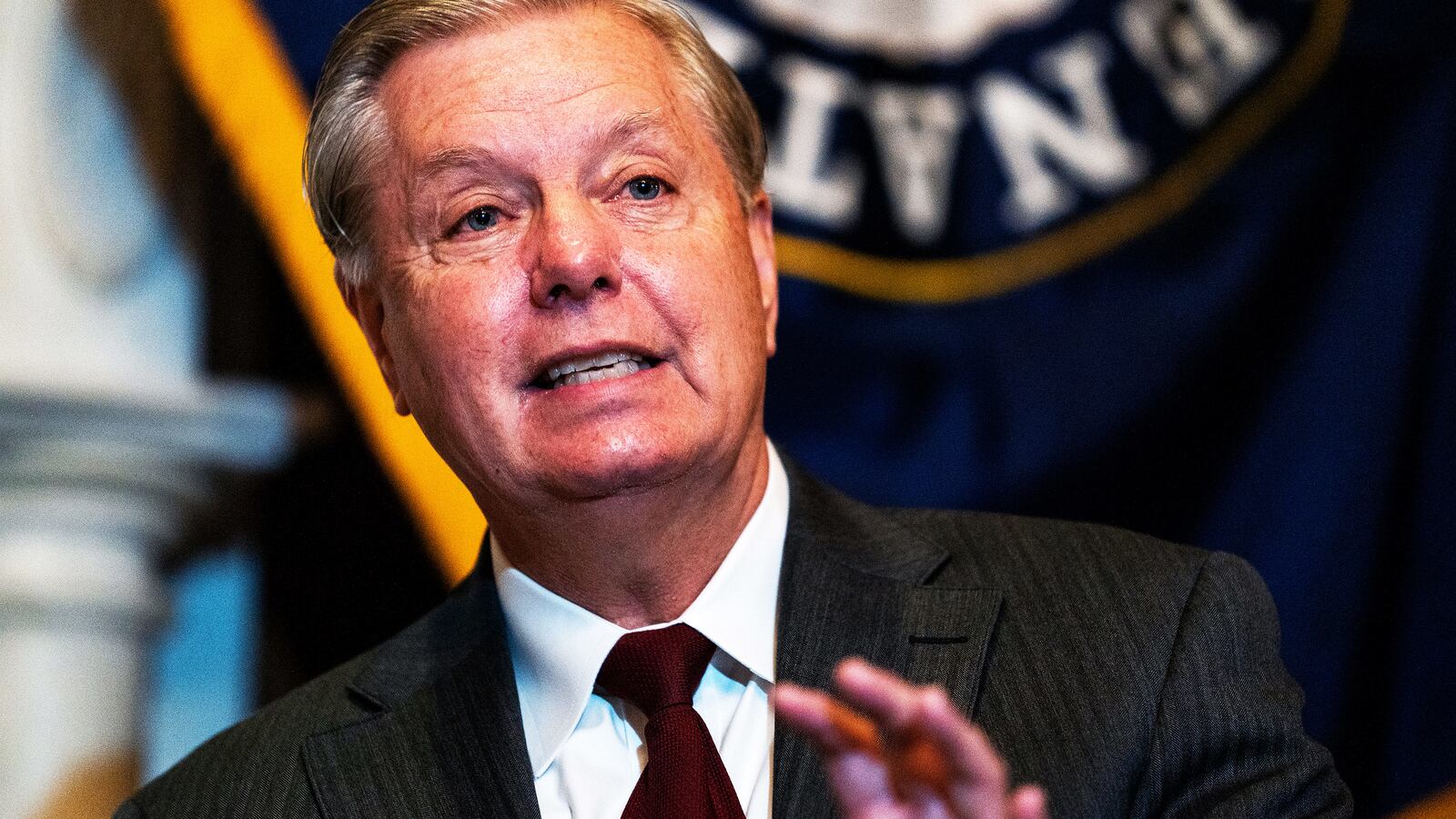Former Hillary Clinton aides, ex-intelligence officials and Senate Democrats are accusing Director of National Intelligence John Ratcliffe of laundering Russian disinformation before an election after Ratcliffe suggested Clinton attempted to manufacture a scandal about Russian interference in the 2016 election on behalf of President Trump.
On Tuesday, Ratcliffe, a loyalist whom...







